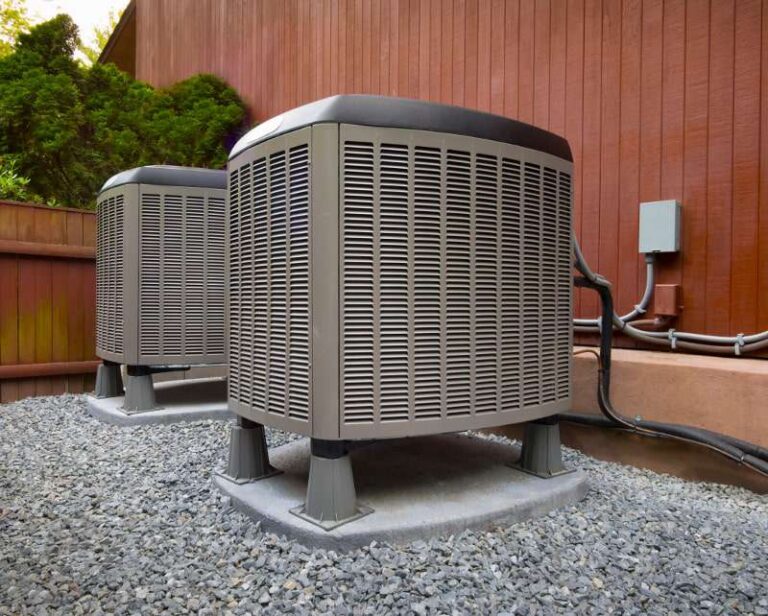While an AC system is complicated, it’s good for homeowners to understand how these systems work. By learning more about how your system functions, you can make educated decisions about your future service and comfort needs. These are a few of the major components that enable your AC to create cool air in Phenix City, AL.
1. Evaporator and Condenser Coils
Heating systems like furnaces have to manually create your home’s heat during the winter. Air conditioners, on the other hand, rely on a heat transfer process. They make your home more comfortable by removing excess humidity and heat, and use this process to create cool air.
A standard central AC system consists of a cool side and a hot side. The cool side blows conditioned air into your home, while the hot side releases its collected warm air outside.
The AC evaporator and condenser coils are vital to the system’s cooliƒng abilities. The evaporator coil assists in turning the refrigerant into a gas as it collects heat from inside your home. The condenser coil, located outside, turns this gas back into a liquid, enabling it to gather more warm air.
During a typical cooling cycle, this process happens repeatedly until your home reaches your desired temperature. Condensation and evaporation are the two main functions of your air conditioner. When these coils become dirty or compromised, it can negatively affect the system’s cooling process.
2. Compressor
The compressor uses electricity to pressurize the refrigerant as it cycles. This powerful component allows the refrigerant to easily move between the coils and extract heat. Without a healthy compressor, your system would struggle with weak cooling, loud functioning noises and overwork, causing system failure.
3. Refrigerant Lines
The refrigerant plays a vital role in the heat transfer process. It’s constantly moving from inside and outside your home, changing form as needed to release heat. Without an adequate refrigerant supply, your system won’t be able to consistently cool your home.
Under normal circumstances, this chemical shouldn’t deteriorate or escape from the system over time. If you run into a low refrigerant issue, there’s likely a leak that requires HVAC repairs.
A refrigerant recharge involves a technician adding more refrigerant to your lines. They’ll also need to determine the cause of the leak to prevent a repeat of refrigerant issues. Always leave your air conditioner repairs to a qualified expert who will ensure your system’s health.
4. Expansion Valve
The expansion valve connects your air conditioner’s indoor and outdoor components. It also regulates the flow of refrigerant between the condenser and evaporator.
When the liquid refrigerant leaves the condenser, it’s often too hot to safely travel to the evaporator coil. Fortunately, the expansion valve can depressurize it, effectively cooling the refrigerant down so that it can continue its journey.
Importance of Maintenance
Every component in your air conditioner plays an important role in your home’s overall cooling and seasonal comfort. When certain parts begin to wear, they can increase the strain on the system, forcing it to work harder. To minimize your need for repairs and keep your air conditioner in good health, schedule yearly professional maintenance.
Routinely clear away leaves, branches and other debris from around the outdoor unit. When the system can’t pull in air easily, it will struggle with decreased efficiency.
You should also ensure you’re regularly replacing your air filter. When the filter becomes coated with dirt and dust, it restricts airflow and impacts your air quality. Without enough air moving in your system, the evaporator coil can freeze.
Keeping your air conditioner in good health will lengthen its lifespan and improve its cooling capabilities. Trust our team to always deliver exceptional and experienced home comfort services. Call Sensigreen Heating, Cooling & Insulation today to schedule your AC installation in Phenix City, AL.
Image provided by iStock

